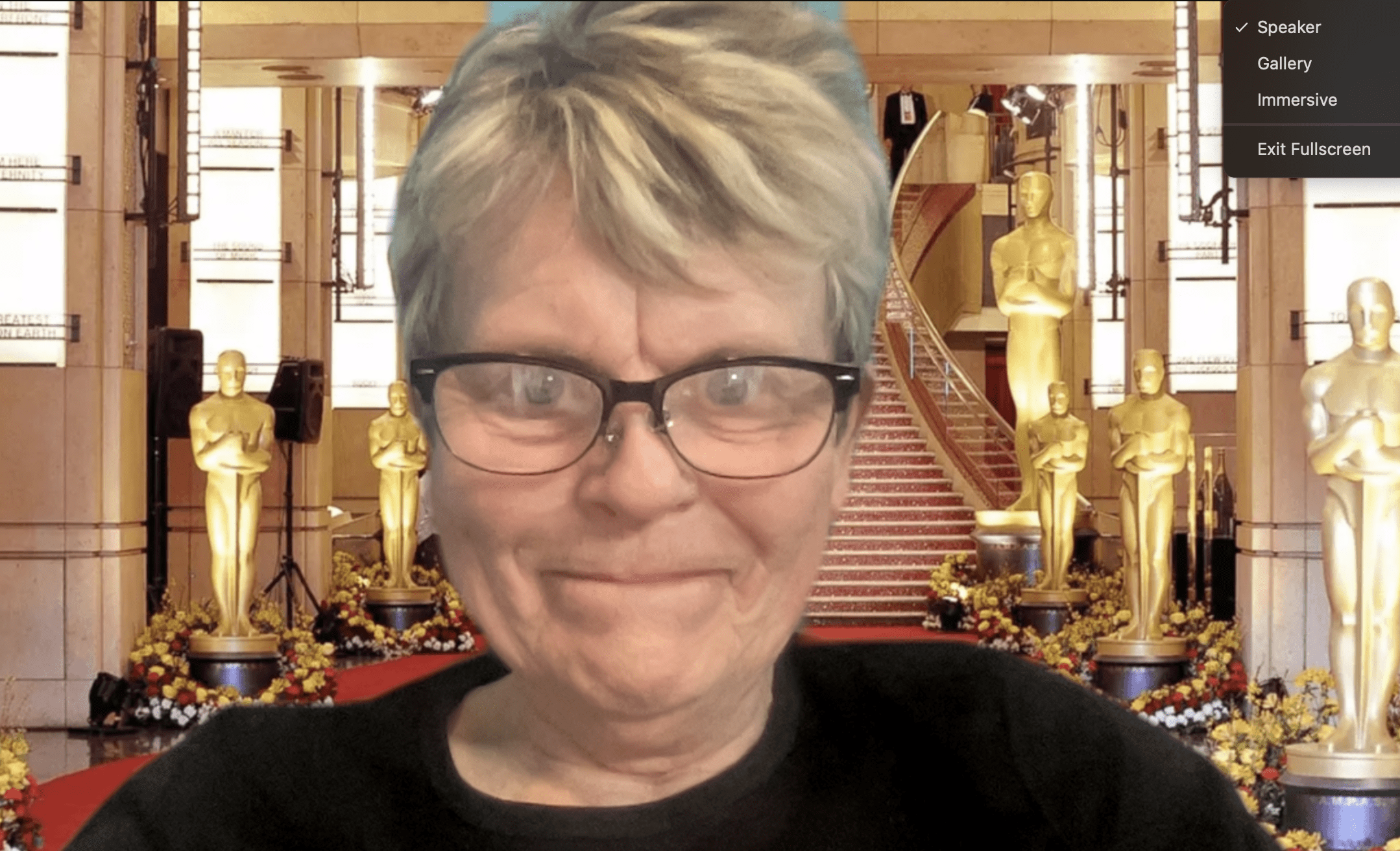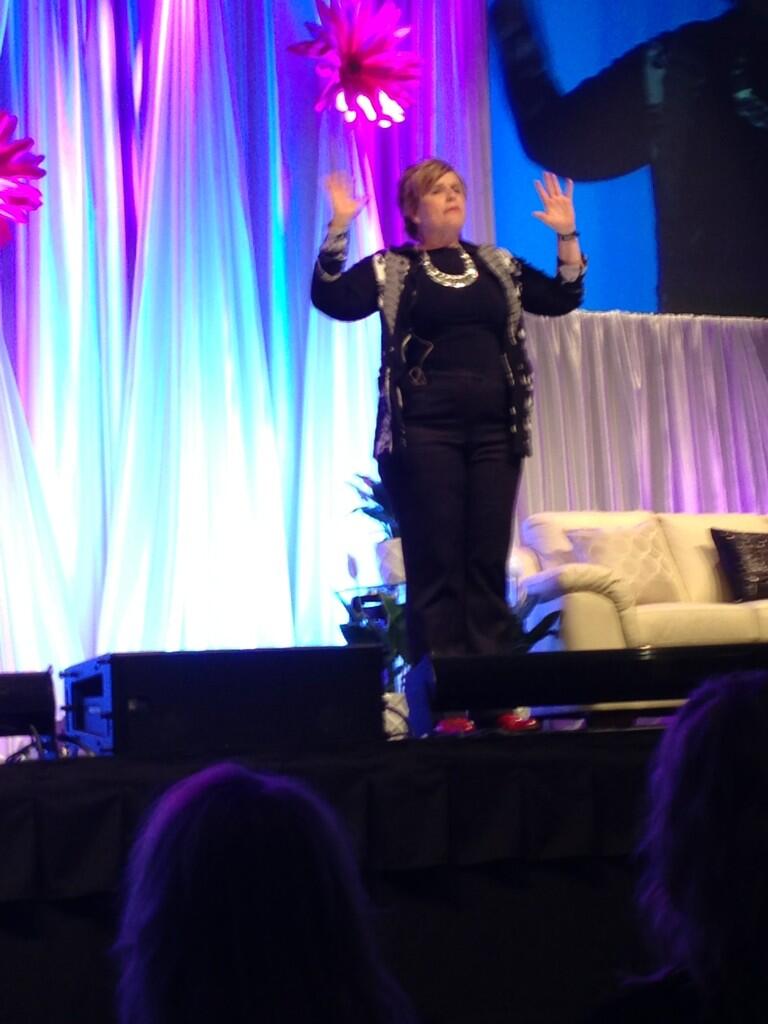LEE ANNE MCLEAR is co-director of the Centre of Excellence in Applied Innovation Management for the Schulich Executive Education Centre, York University. I recently sat down and talked to her about innovation and improvisation and why they are so important in business right now.
Deb: Why is innovation so important for businesses?
Lee-Anne: There are different kinds of issues that people face. There are simple issues like “Who is going to pick up the kids?” That is a decision. Will it be grandma, a neighbor, or the nanny? Then there are complicated issues like “How are we going to get three kids to three different places for three different sports events on the same night?” And then there are complex issues like “How do we do more with less?” Each kind of issue takes a different kind of thinking.
Deb: So, if it’s a complicated or complex issue, it takes a creative mind and a plan?
Lee-Anne: Yes. In the business world, there was a time when that plan worked 10 years later. Not any more.
Deb: We’re lucky if the plan lasts for 10 months.
Lee-Anne: Exactly. And that plan has many components. Think of health care, transportation, slowing economies. There is no one plan, no simple decision (as much as we might yearn for it) that will answer all the competing interests.
Deb: Logic or left-brain thinking alone isn’t going to get us to solutions that will work.
Lee-Anne: If it could, the very smart people would’ve already created them. It takes more than logic.
Deb: In writing and creating, we say we are “using the right side of the brain” when we access the intuitive part of the brain where all the creative or unknown ideas are living.
Lee-Anne: In your world, you call it right-brain thinking. I call it detaching from what you already know.
Deb: I love that concept. Let’s face it: Detaching can be terrifying. Especially when your financial security is involved.
Lee-Anne: Sure, for awhile. The challenge is that anything that new — or anything unknown — is going to feel that way. In the innovation process, we ask people to step out of their comfort and their competence zone.
Deb: The change expert, Guy Claxton, said all change requires us to risk the 4 C’s. Risking comfort, change, competency and the mother of all the C’s, control.
Lee-Anne: Ah, risk! The risk-space. That is what you call the “yes, and” part.
Deb: “Yes and” that is the place where people in organizations have to go in order to get the new ideas.
Lee-Anne: “Yes and” you are right.
Deb: And you are too, sistah!
I learned a lot by asking Lee-Anne questions, and now I’d like to learn from you. What things do you need to detach from to move forward? Comment below:






Leave A Comment